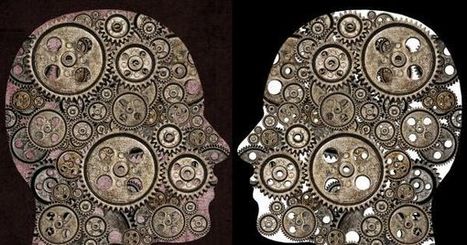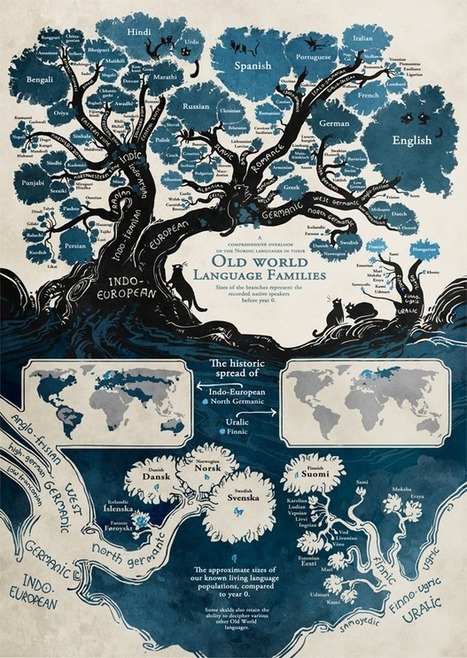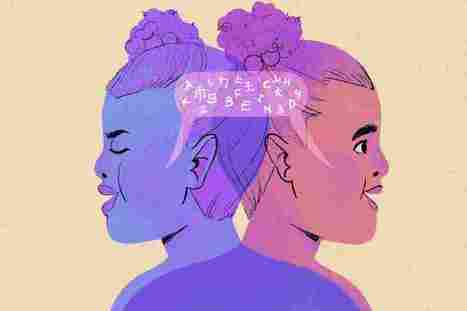Get Started for FREE
Sign up with Facebook Sign up with X
I don't have a Facebook or a X account

 Your new post is loading... Your new post is loading...
 Your new post is loading... Your new post is loading...

Nik Peachey's curator insight,
December 11, 2016 2:20 AM
A nice short summary of Chomsky's contribution.

Nik Peachey's curator insight,
October 13, 2016 4:56 AM
A good thing for those in the language learning industry to keep up with. 
EI Design's curator insight,
October 17, 2016 6:31 AM
Google’s Neural Network for Language Translation Narrows Gap Between Machines & Humans

Chris Costa's curator insight,
September 9, 2015 2:37 PM
I find the social aspect of this absolutely fascinating; gender may be entirely a cultural construct, but we can see its influences in every aspect of human life. Women are responsible for 90 percent of linguistic changes that occur over the course of our lifetimes- because men resist such changes due to their (mostly) feminine origins. A good, witty read for those interested.

16s3d's curator insight,
November 8, 2014 3:29 PM
Racines communes, connexions et interactions entre les langues sont visualisées dans cette infographie.
Infographie en haute définition: http://mentalfloss.com/sites/default/files/196.jpg
Sreya Ayinala's curator insight,
December 2, 2014 9:50 PM
Unit 3 Cultural Patterns and Processes (Language) The image shows how many languages are related and have many common ancestors. Languages are grouped into language families and are even more broadly categorized. Language is a huge part of culture and it is the way that people communicate amongst each other. There are hundreds of languages in our world, but as globalization and pop culture diffuse many languages are being lost and no longer spoken. A good example of a dead language would be Latin. Many of our common day languages trace their roots back to Latin, but no one speaks Latin anymore.

Fred Issa's curator insight,
October 5, 2015 4:14 PM
I found this article most interesting, having lived in RI, NJ, GA, IN, MD, and TX. After awhile, you will start to pick up certain words, while dropping other similar words that I have used all of my life. The words and phrases both tend to change from one state to another. Read the article, it is enlightening. Fred Issa, |

Nik Peachey's curator insight,
November 18, 2016 12:51 AM
Great tool that can convert text into phonemic script - then uses text to speech to read it.

Nik Peachey's curator insight,
November 14, 2015 1:25 AM
Recommended reading for anyone involved in education. 
Ra's curator insight,
November 14, 2015 6:42 PM
Make the connection - tune the kids into how their brain works |





































This six minute video discusses the "tiers" of vocabulary and teaching "academic" vocabulary.